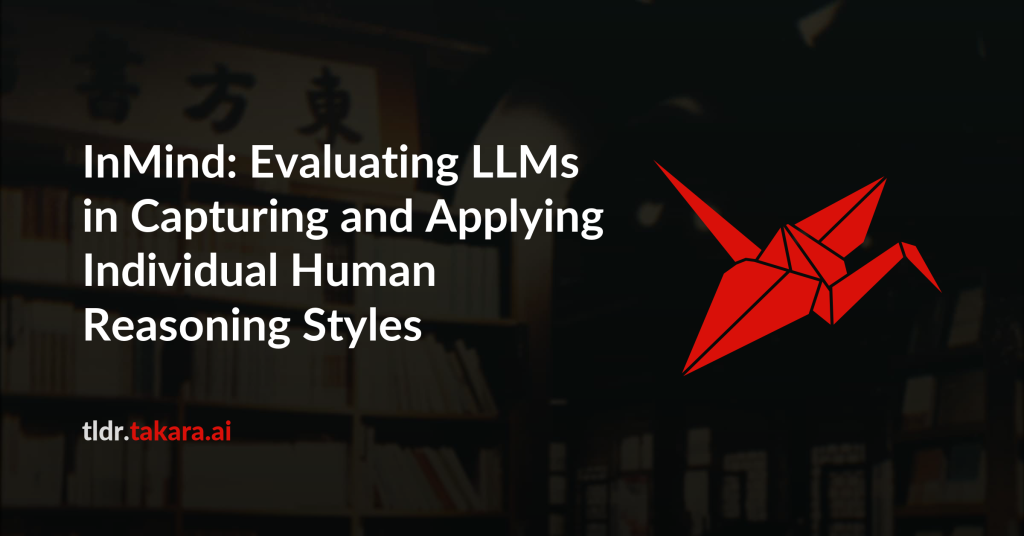LLMs have shown strong performance on human-centric reasoning tasks. While
previous evaluations have explored whether LLMs can infer intentions or detect
deception, they often overlook the individualized reasoning styles that
influence how people interpret and act in social contexts. Social deduction
games (SDGs) provide a natural testbed for evaluating individualized reasoning
styles, where different players may adopt diverse but contextually valid
reasoning strategies under identical conditions. To address this, we introduce
InMind, a cognitively grounded evaluation framework designed to assess whether
LLMs can capture and apply personalized reasoning styles in SDGs. InMind
enhances structured gameplay data with round-level strategy traces and
post-game reflections, collected under both Observer and Participant modes. It
supports four cognitively motivated tasks that jointly evaluate both static
alignment and dynamic adaptation. As a case study, we apply InMind to the game
Avalon, evaluating 11 state-of-the-art LLMs. General-purpose LLMs, even GPT-4o
frequently rely on lexical cues, struggling to anchor reflections in temporal
gameplay or adapt to evolving strategies. In contrast, reasoning-enhanced LLMs
like DeepSeek-R1 exhibit early signs of style-sensitive reasoning. These
findings reveal key limitations in current LLMs’ capacity for individualized,
adaptive reasoning, and position InMind as a step toward cognitively aligned
human-AI interaction.

